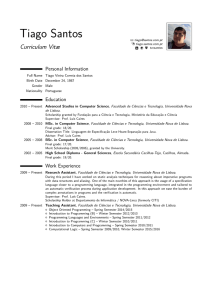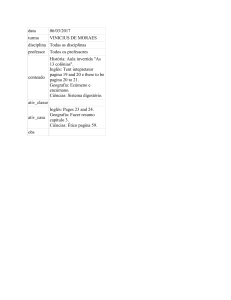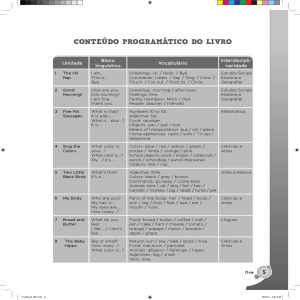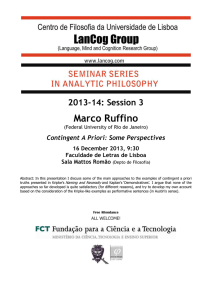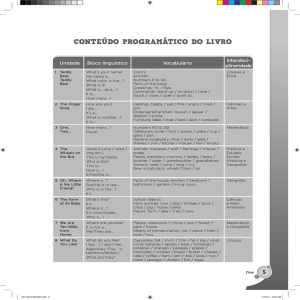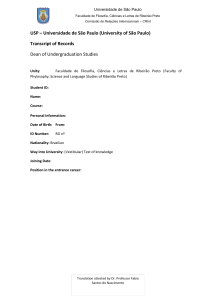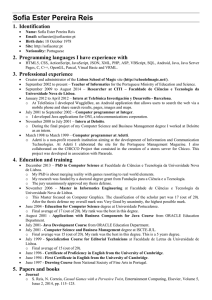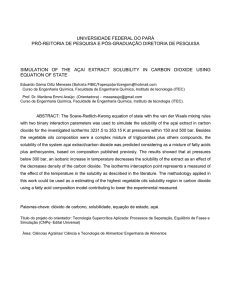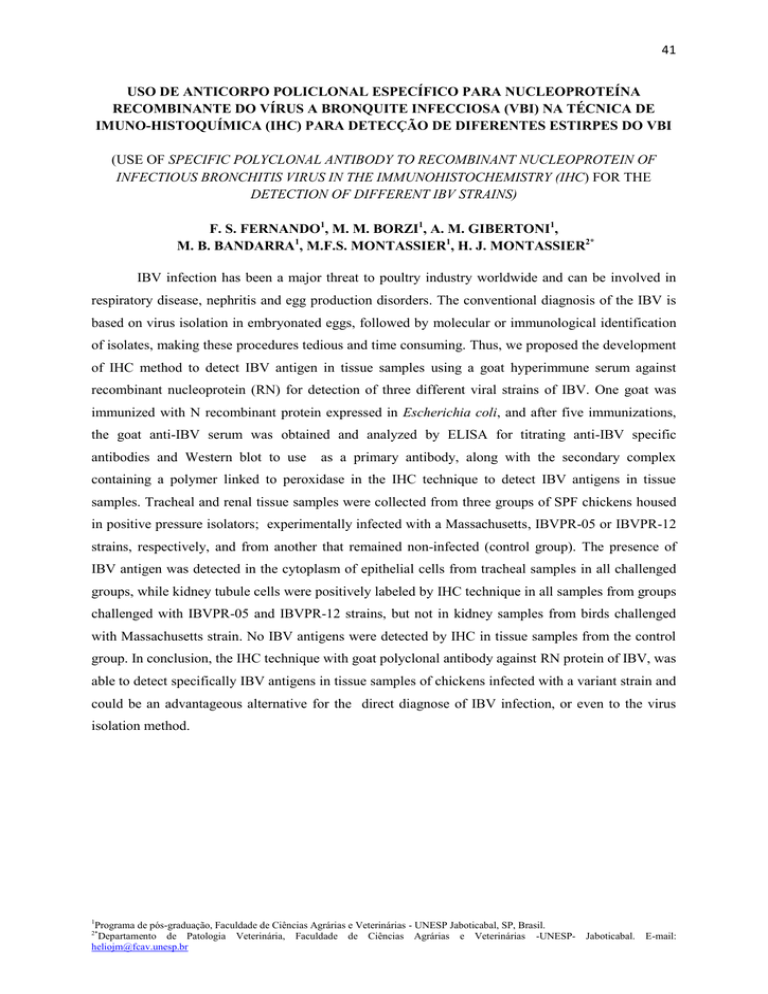
41
USO DE ANTICORPO POLICLONAL ESPECÍFICO PARA NUCLEOPROTEÍNA
RECOMBINANTE DO VÍRUS A BRONQUITE INFECCIOSA (VBI) NA TÉCNICA DE
IMUNO-HISTOQUÍMICA (IHC) PARA DETECÇÃO DE DIFERENTES ESTIRPES DO VBI
(USE OF SPECIFIC POLYCLONAL ANTIBODY TO RECOMBINANT NUCLEOPROTEIN OF
INFECTIOUS BRONCHITIS VIRUS IN THE IMMUNOHISTOCHEMISTRY (IHC) FOR THE
DETECTION OF DIFFERENT IBV STRAINS)
F. S. FERNANDO1, M. M. BORZI1, A. M. GIBERTONI1,
M. B. BANDARRA1, M.F.S. MONTASSIER1, H. J. MONTASSIER2*
IBV infection has been a major threat to poultry industry worldwide and can be involved in
respiratory disease, nephritis and egg production disorders. The conventional diagnosis of the IBV is
based on virus isolation in embryonated eggs, followed by molecular or immunological identification
of isolates, making these procedures tedious and time consuming. Thus, we proposed the development
of IHC method to detect IBV antigen in tissue samples using a goat hyperimmune serum against
recombinant nucleoprotein (RN) for detection of three different viral strains of IBV. One goat was
immunized with N recombinant protein expressed in Escherichia coli, and after five immunizations,
the goat anti-IBV serum was obtained and analyzed by ELISA for titrating anti-IBV specific
antibodies and Western blot to use
as a primary antibody, along with the secondary complex
containing a polymer linked to peroxidase in the IHC technique to detect IBV antigens in tissue
samples. Tracheal and renal tissue samples were collected from three groups of SPF chickens housed
in positive pressure isolators; experimentally infected with a Massachusetts, IBVPR-05 or IBVPR-12
strains, respectively, and from another that remained non-infected (control group). The presence of
IBV antigen was detected in the cytoplasm of epithelial cells from tracheal samples in all challenged
groups, while kidney tubule cells were positively labeled by IHC technique in all samples from groups
challenged with IBVPR-05 and IBVPR-12 strains, but not in kidney samples from birds challenged
with Massachusetts strain. No IBV antigens were detected by IHC in tissue samples from the control
group. In conclusion, the IHC technique with goat polyclonal antibody against RN protein of IBV, was
able to detect specifically IBV antigens in tissue samples of chickens infected with a variant strain and
could be an advantageous alternative for the direct diagnose of IBV infection, or even to the virus
isolation method.
1
Programa de pós-graduação, Faculdade de Ciências Agrárias e Veterinárias - UNESP Jaboticabal, SP, Brasil.
Departamento de Patologia Veterinária, Faculdade de Ciências Agrárias e Veterinárias -UNESP- Jaboticabal.
[email protected]
2*
E-mail:


